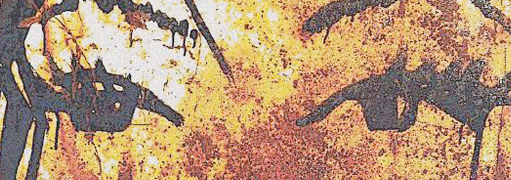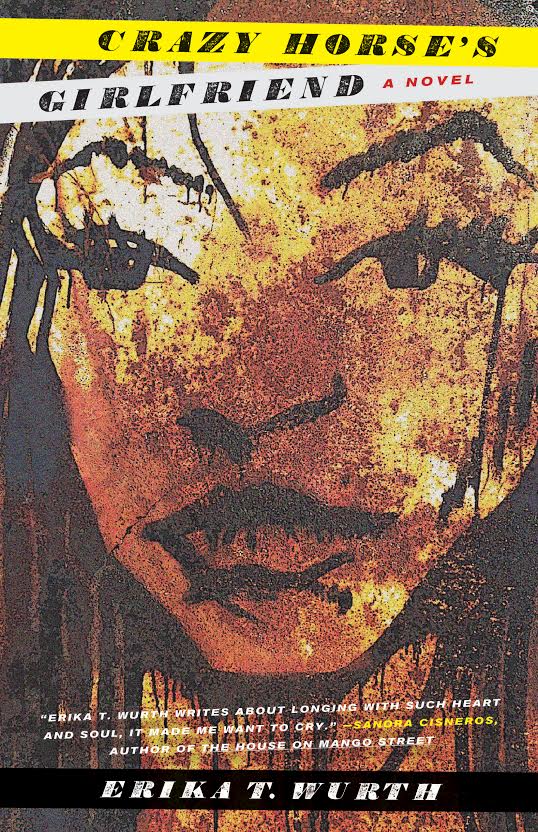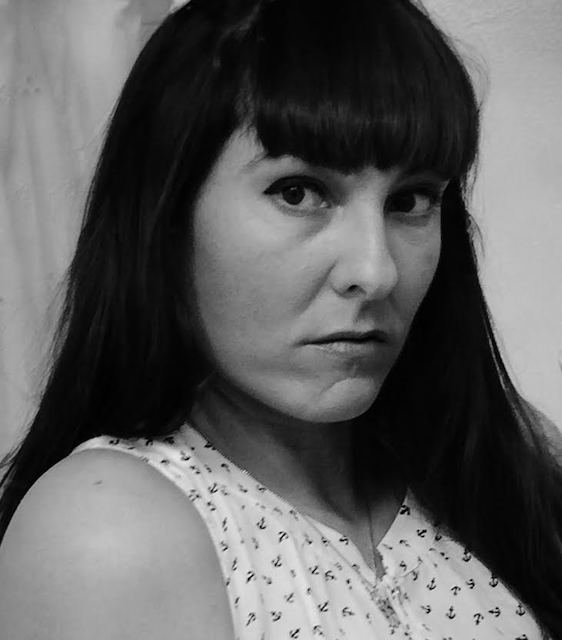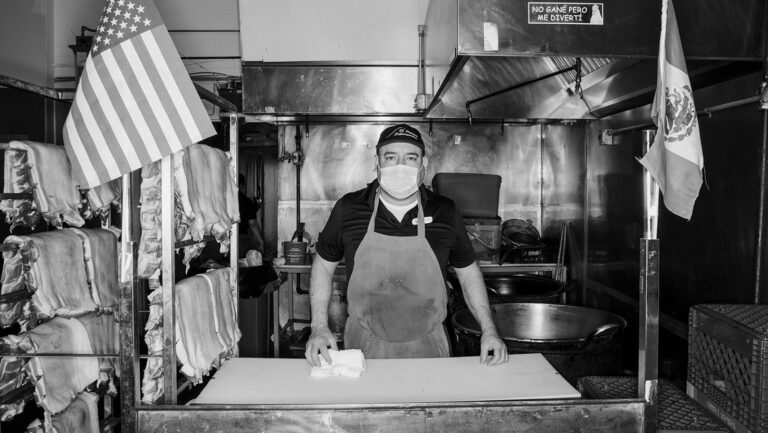A Tribe Apart And Alone: Crazy Horse’s Girlfriend Exposes Hard Choices For Native Youth
Crazy Horse’s Girlfriend Exposes Hard Choices For Native Youth



Erika T. Wurth








